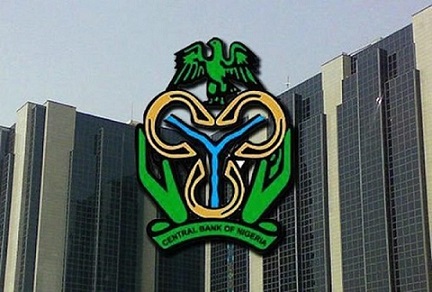The Central Bank of Nigeria has warned microfinance banks to desist from engaging in activities beyond their operating limits or risk losing their licenCe.
This was disclosed in a circular signed by the Director, Financial policy and Regulation Department, Ibrahim Tukur, entitled Cessation of Non-Permissible Activities by Microfinance Banks on Friday.
The apex bank explained that certain microfinance banks now conduct wholesale banking, foreign exchange operations, and other activities that represent a substantial danger to financial system stability.
“Given the comparatively low capitalization of MFBs, dealing in wholesale and/or foreign exchange transactions are a significant risk with dire consequences for financial system stability,
“It has therefore become imperative to remind all MFBs to strictly comply with the extant Revised Regulatory and Supervisory Guidelines for Microfinance Banks in Nigeria 2012 (the Guidelines).
“For the avoidance of doubt and consistent with the permissible activities of specialized micro institutions: MFBs are strictly prohibited from foreign exchange transactions. MFBs are to primarily focus on providing financial services to retail and/or micro-clients.
“Micro credit and retail transactions carried out by MFBs are limited to N500,000 per transaction for Tier 2 Unit MFBs and N 1,000,000 for other categories and Micro credit facilities shall constitute a minimum of 80 per cent of total loans portfolio for MFBs.
CBN cautioned that it will continue to monitor developments in the MFB sector and apply severe regulatory sanctions for breaches of extant regulations.
“Our sanction will include revoking the license of non-compliant MFBs (in line with Section 19 of the Guidelines),” CBN said.

Microcredit facilities the circular explained shall constitute a minimum of 80 percent of the total loans portfolio for MFBs.
A microloan is a facility granted to the operators of microenterprises, such as peasant farmers, artisans, fishermen, youths, women, senior citizens, and non-salaried workers in the formal and informal sectors.
The loans are usually unsecured but typically granted on the basis of the applicant’s character and the combined cash flow of the business and household.
On March 18, 2019, the CBN reviewed the minimum capital requirements for microfinance banks, allowing for installment payment and categorisation of Unit Microfinance into two of Tier 1 and Tier 2.
Consequently, tier 1 MFBs are to pay N200 million as a minimum capital requirement, while tier 2 are expected to pay N50 million.


